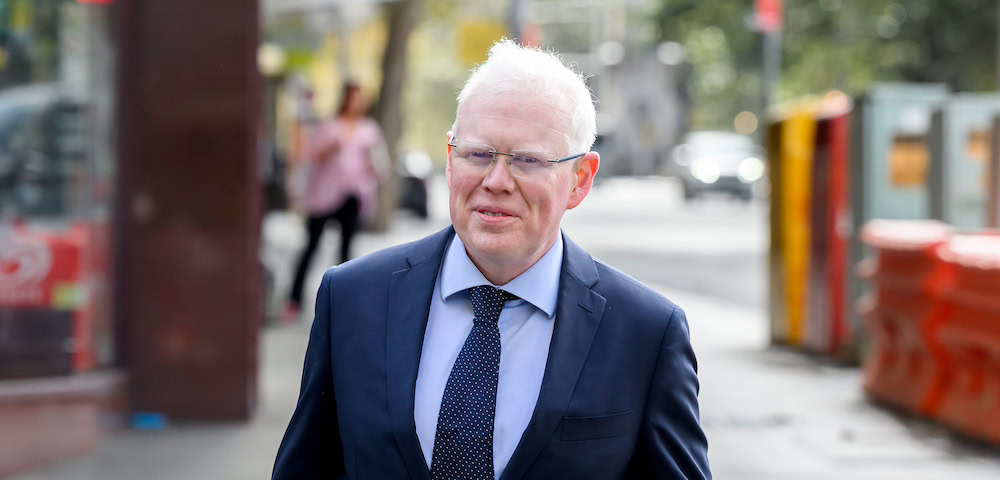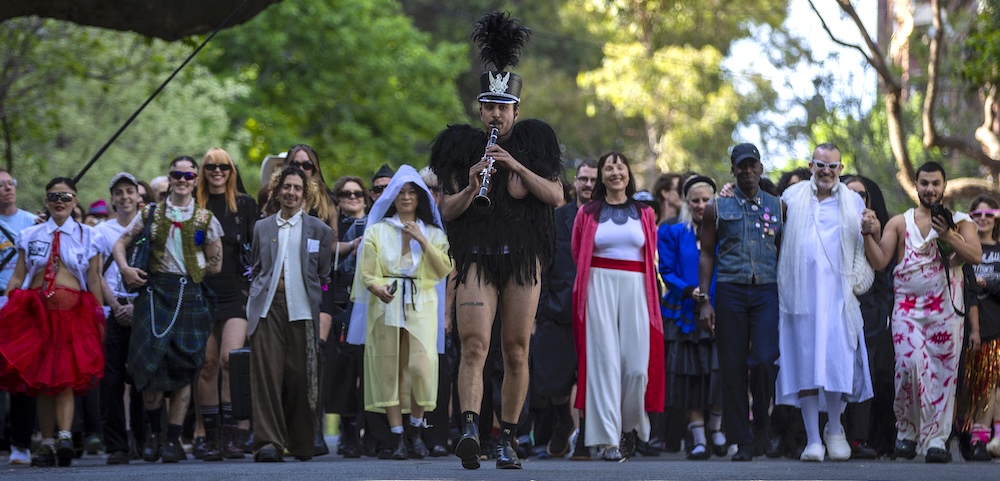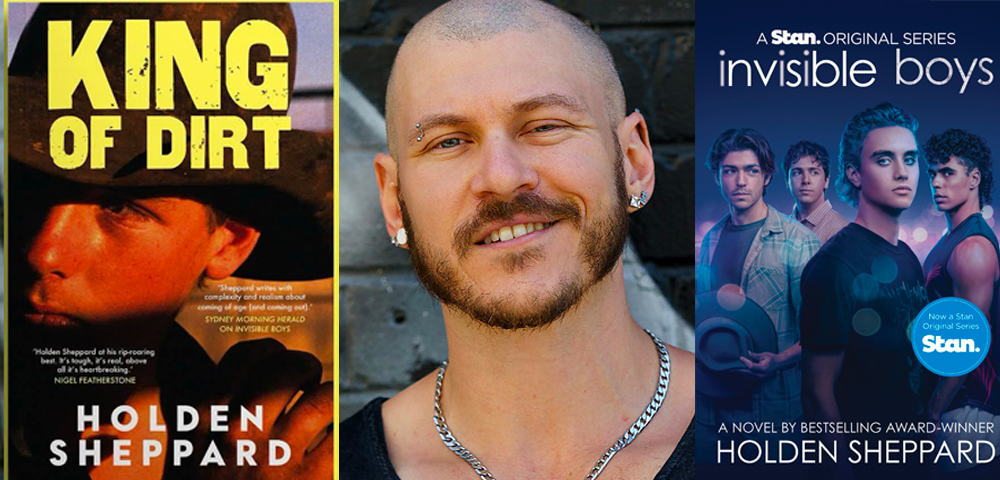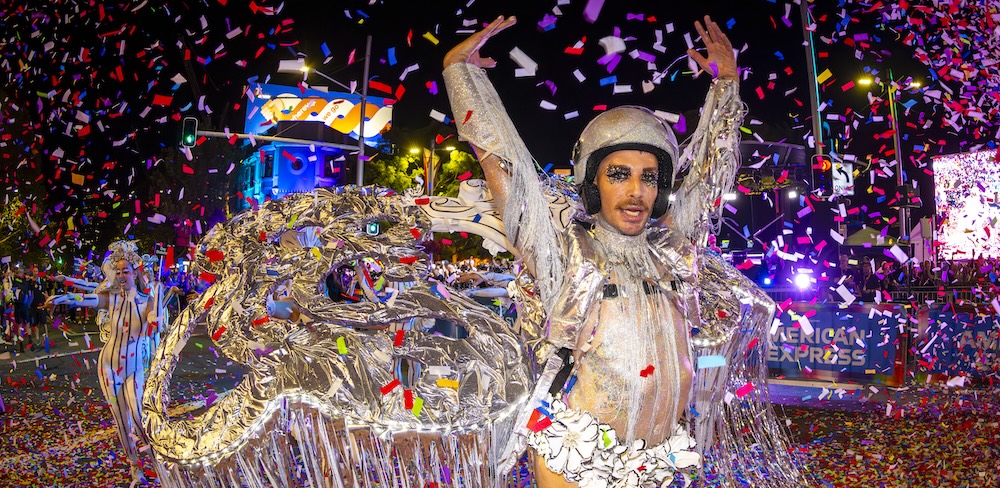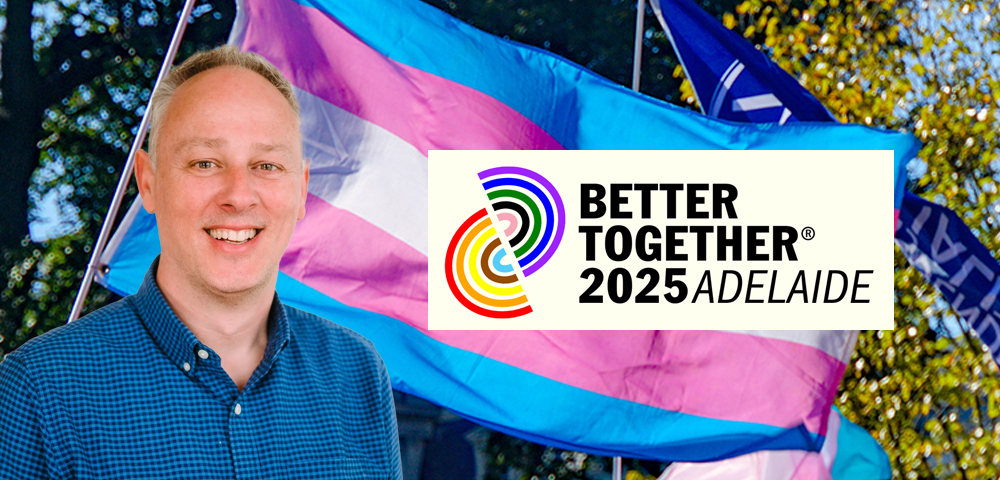
Community Hero: Yvonne Gardner
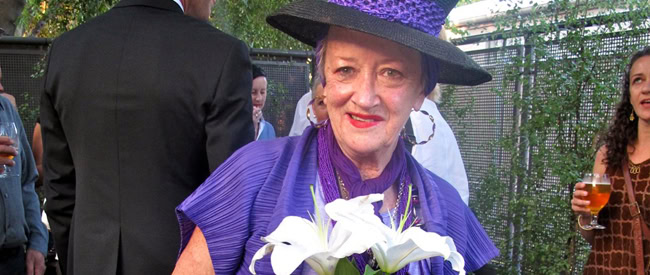
IN the early 1980s, Yvonne Gardner began taking food to gay men living in housing commission, diagnosed with what would come to be known as HIV. These men were often isolated from friends and family, but Gardner said after a while, after years of family ostracism, some began to receive visits from their mothers.
“So when I’d go in of course, I was their mum’s age, so I could relate to them, they could relate to me, going there, dropping off meals,” she recalled.
“Some of them travelled up from Geelong by train, and had to be back before their husbands came home at four o’clock. She couldn’t tell them she went and visited her son.”
Gardner’s friendships with these women led to her starting a parent support group based out of the Laird Hotel, then a mixed venue. Despite not being parent to a HIV-positive child herself, Gardner, now 72, had already been working in Melbourne’s gay community for years, long before the virus hit.
She volunteered on committees for community events, and when the first cases of gay-related immune deficiency (GRID — an early name for AIDS) started appearing in Melbourne, Gardner was working at the gay-friendly Middle Park Clinic. Staffed by gay doctors and seeing primarily gay patients, the clinic saw some of the first cases.
“Most of the people diagnosed then were put onto a disability support pension because they were given six to 12 months to live,” Gardner said.
“Whatever savings they did have, thinking they only had a small amount of time to live, blew the lot on an overseas trip, or had dinner parties — they blew it.
“And then of course, they realised they were going to live longer, and they had no money… people were being put into high-rise housing. Elegant young gay men.”
Every week, Gardner began making a big pot of soup, parking her car near the commission flats, and taking the soup up to the men’s apartments. A network or friends grew around the Tuesday soup nights, and when Gardner eventually secured a small amount of funding from the Salvation Army, she was able to grow her soup kitchen into a two-course meal.
In one form or another, Gardner’s weekly lunches for people living with HIV have been running continuously to this day.
“There’s people who come every week, who look forward to it, who have got a reason to get up, have a shower,” she said.
“Some of them even get up the night before, clean their shoes, go and pick up their clothes at the dry cleaners if they can afford it. It’s something to look forward to.”
Gardner has been working to make the lives better for people in the community for 50 years, and while a lot of the people coming to her lunches every week were diagnosed early on, she still has a lot of younger gay friends. She still sees how hard it is for a lot of them.
“It’s scary out there for young, nice, innocent gay men,” she said.
“You’ve got to like yourself first, before anyone else.”
Do you know of an unsung community hero who deserves recognition? Email ben.riley@starobserver.com.au with your tip.
____________
**This was first published in the July edition of the Star Observer, which is available to read in digital flip-book format. To obtain a physical copy, click here to find out where you can grab one in Melbourne, Sydney, Brisbane, Adelaide, Canberra and select regional/coastal areas.




